You may have heard someone you know jokingly refer to themselves as "having OCD" when it comes to keeping their hands clean or their spice cabinet in order, and everyone probably didn't think twice about it.
For many, obsessive compulsive disorder (or OCD) just means having an attention to detail and a preference for cleanliness. However, for people who actually struggle with OCD, it's no laughing matter.
OCD can greatly interrupt lives and cause major stress on those living with the disorder, as well as their family and friends. Like a lot of mental disorders, OCD can be hard to spot, especially if you're not even sure what to look for.
There are a lot of stereotypes about washing hands repeatedly, but in reality, OCD can take many forms and is characterized by the temporary loss of control over thoughts or actions. It also has links to other mental disorders like anxiety, and people with OCD have a higher risk of suicide.
Now, everyone has their hangups and their preferences. So while you might hate the idea of having dirty hands or really dislike the way your bookshelf looks when the spines aren't in rainbow order, you probably don't have OCD if you can live your life comfortably around them and they don't get in the way of day-to-day functioning.
If, however, you find that your fixations are beginning to interfere with your ability to function, it might be time to consider professional help.
Learn about the signs of OCD below, as well as steps you can take to manage it.
What Is Obsessive Compulsive Disorder?
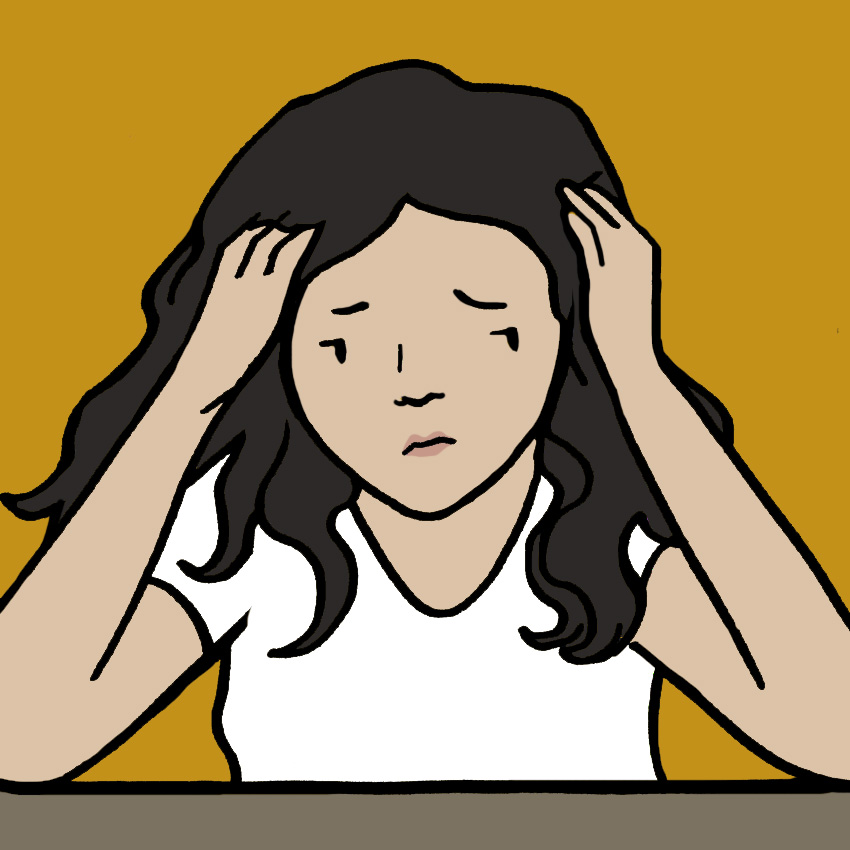
Obsessive compulsive disorder is a common, chronic disorder in which people have uncontrollable recurring thoughts. It usually manifests before the age of 20 and affects men and women evenly.
It's characterized by obsessions, which are thoughts or concepts that preoccupy the sufferer, like germs, home safety, or other worrisome topics.
Compulsions are the uncontrollable needs to perform an action, usually to calm the obsession.
OCD manifests itself in many different ways, though most commonly, people feel compelled to check, arrange, or clean things repeatedly; perform specific routines (known as "rituals"); or have repeated, invasive thoughts.
Common Signs Of OCD Sign #1: Checking
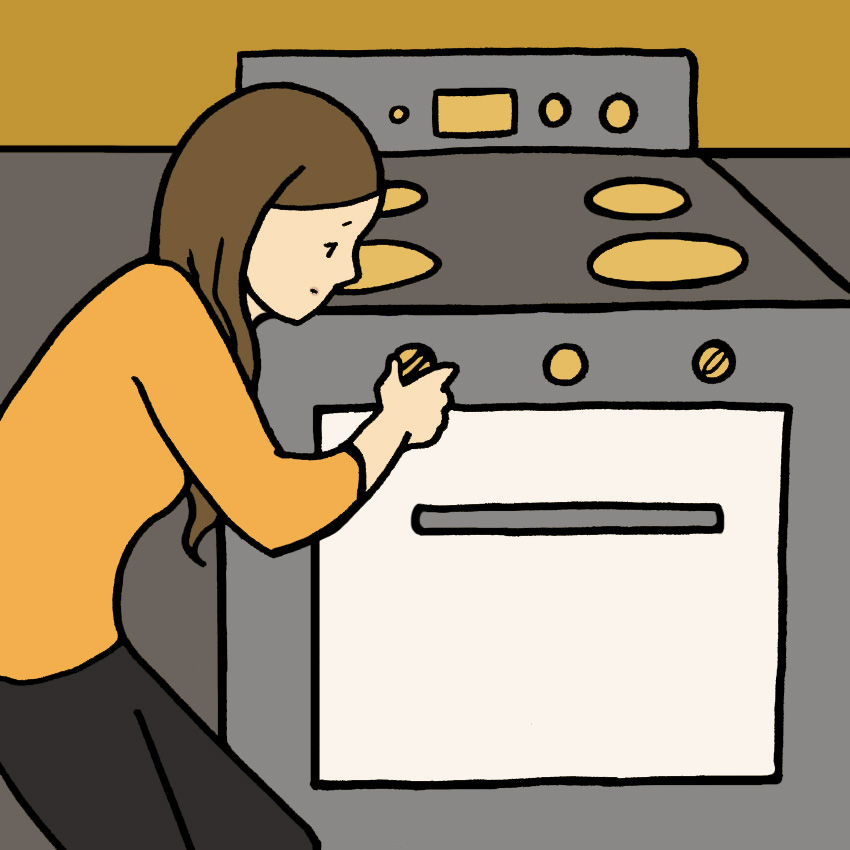
This is the constant need to check on things. Making sure the door is locked, the stove is off, and the iron is unplugged are all common OCD traits.
While many of us double- or even triple-check to make sure everything is safely squared away, someone with OCD might actually turn their car around halfway to work to rush home and check.
Checking phone logs, receipts, or other data for accuracy also falls into this category.
Repetition of this act, sometimes many times over, is a major part of the "checking" symptom.
Sign #2: Fear Of Contamination
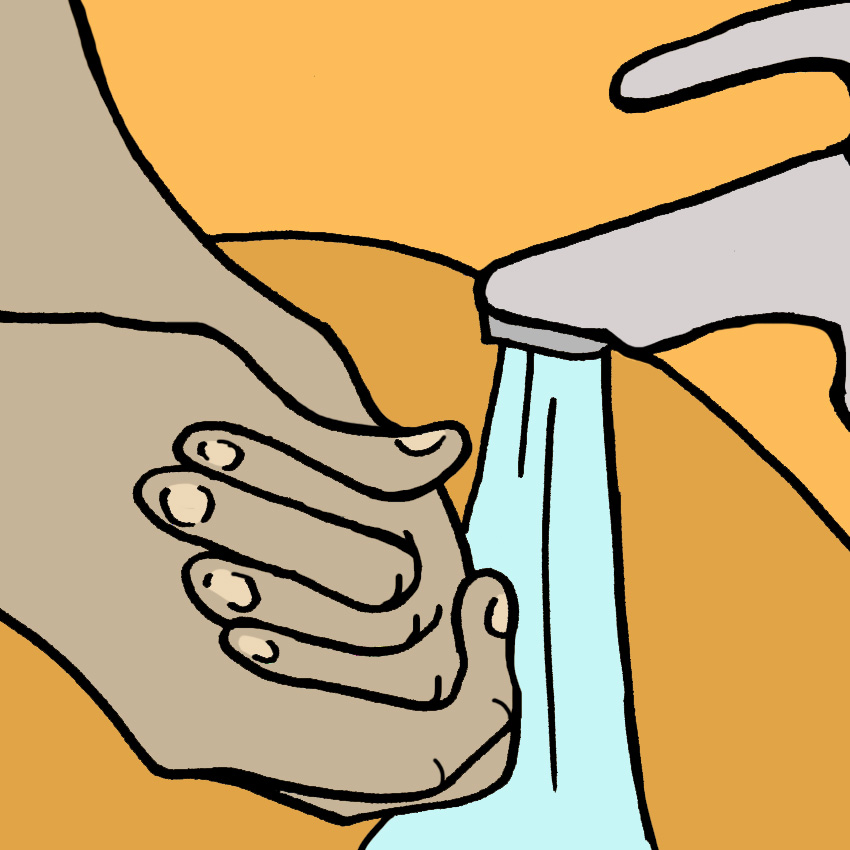
Fear of germs and contamination is reasonable, because it can prevent you from getting sick.
But someone with OCD will feel unable to go certain places, handle certain objects, or even touch other people out of a crippling fear.
If the person is unable to wash or sterilize themselves or their surroundings, they may feel vulnerable or at immediate risk for infection or disease.
Sign #3: Hoarding
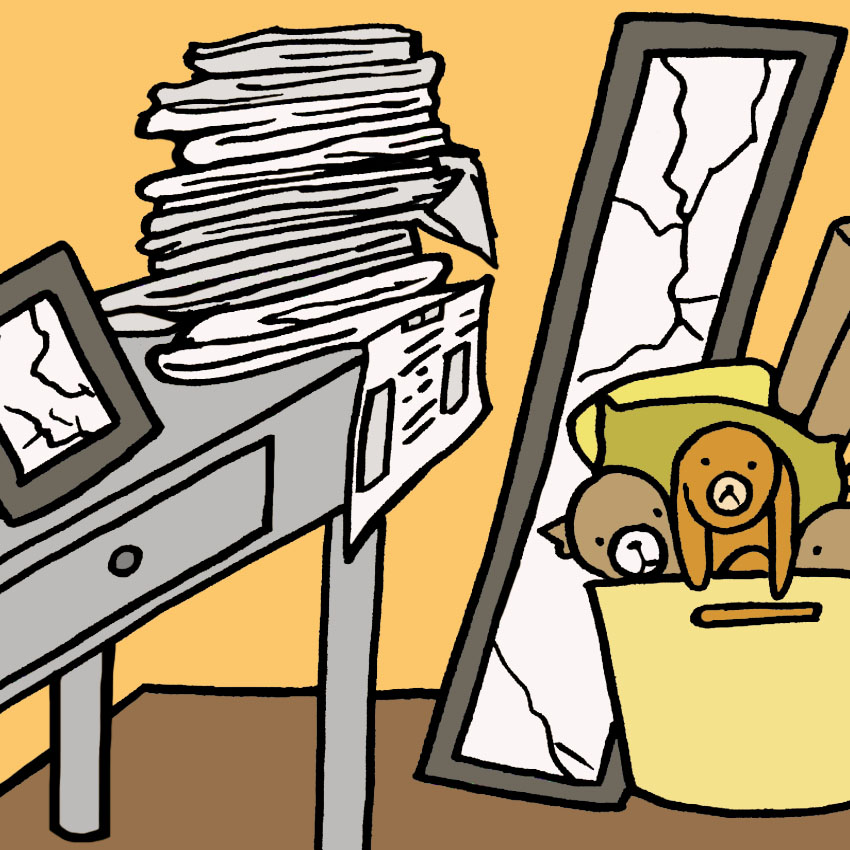
Hoarding or having difficulty throwing things out, even if they're old and broken, is another common sign of OCD.
Some even feel that their belongings have feelings or personalities instead of being inanimate objects, even if consciously, they know it doesn't make sense.
In extreme cases, hanging onto things can create an unsanitary or even dangerous living space.
Sign #4: Obsession With Symmetry Or Order
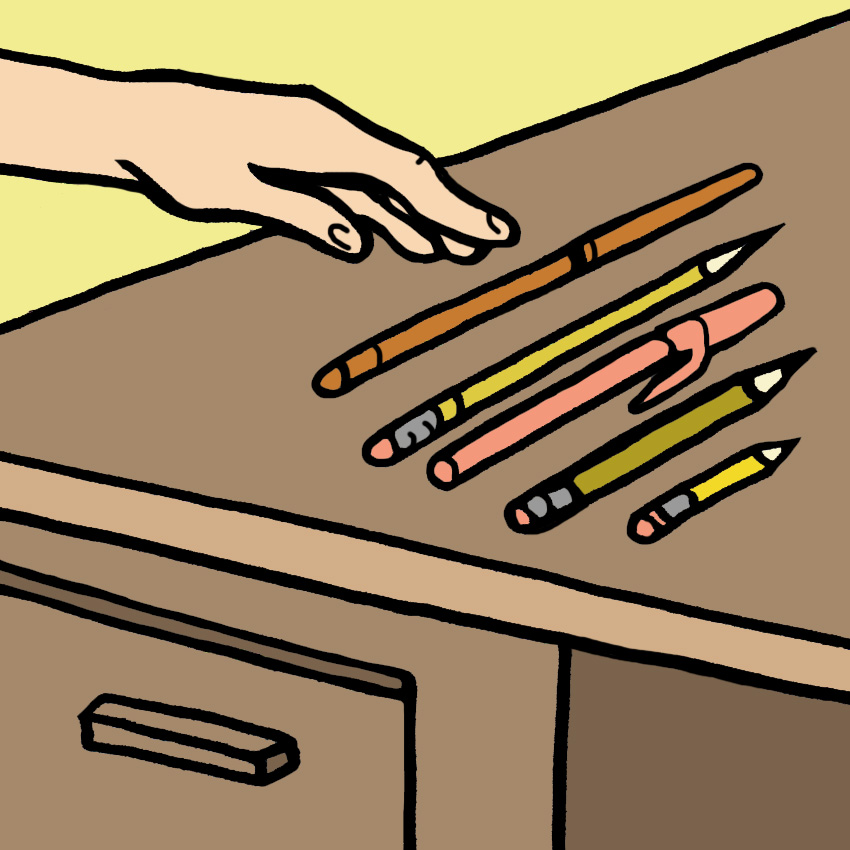
We all like our belongings to be in order and look neat.
But for people with OCD, the idea of an object being out of its "correct" place can be difficult to handle.
The action of putting everything in order can be comforting, but it also makes being in situations where things aren't in order mentally taxing.
Sign #5: Intrusive Thoughts
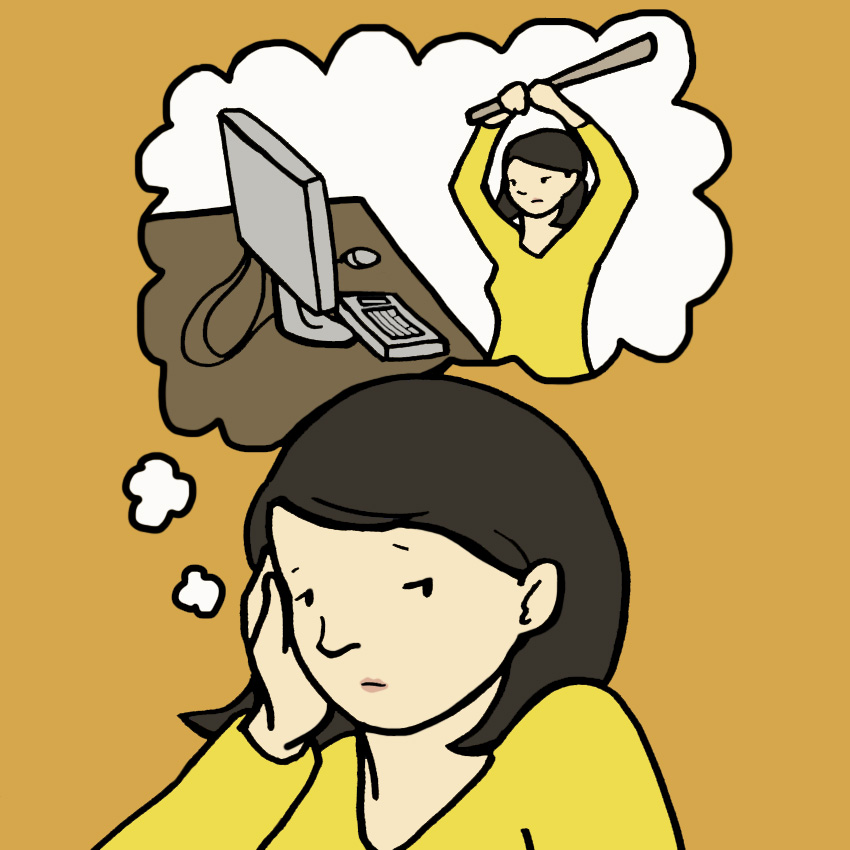
We've all had some pretty wild thoughts come to us out of the blue. What if I just quit my job? What if I jumped in the car and took off on a road trip?
For people with OCD, these intrusive thoughts happen frequently, and are often the same thought or thoughts.
And usually, they're troubling ones, such as imagining harming oneself or loved ones, or other uncomfortable ideas.
Ways To Manage OCD Management Tip #1: Learn To Identify Triggers
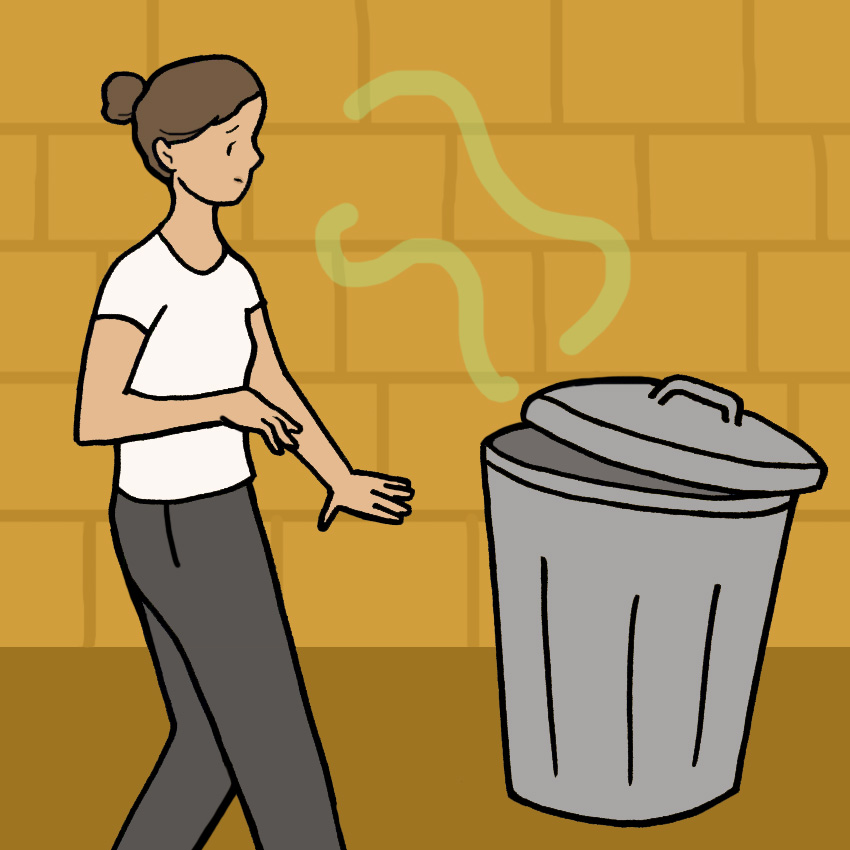
For many people, seeing or experiencing certain things can trigger an obsessive thought or a compulsion.
Learning to identify them is a great way to reduce their power and their hold on you — and the urges to wash hands or check the stove will, with time, feel less intense.
For example, recognizing that a gross garbage can is a trigger — and paying attention to the fact that you are not, in fact, touching the garbage — might make the urge to wash your hands feel less intense.
This requires being mindful of your surroundings and your behaviors, but can help make you feel more in control.
Management Tip #2: Keep A Journal
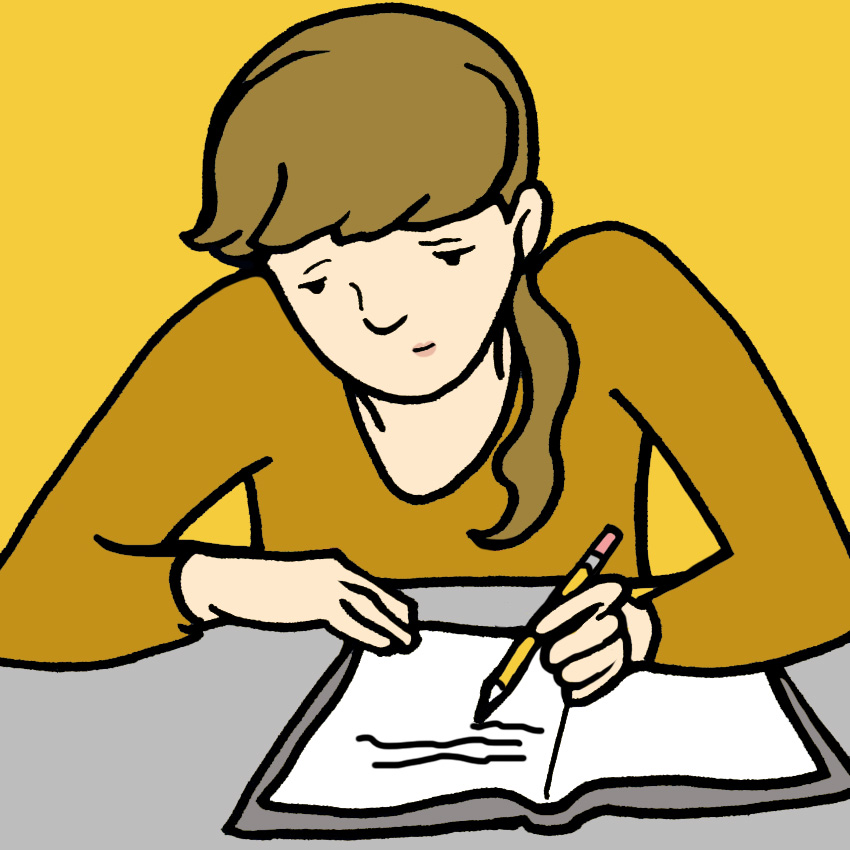
If you're not sure what your triggers or obsessions are, try writing them down when you have them.
You may find yourself writing some uncomfortable stuff, but stick with it.
The written record will help you see what you're most obsessed with, and the very act of writing it out can also alleviate the stress these thoughts cause.
Management Tip #3: Practice Relaxation Habits
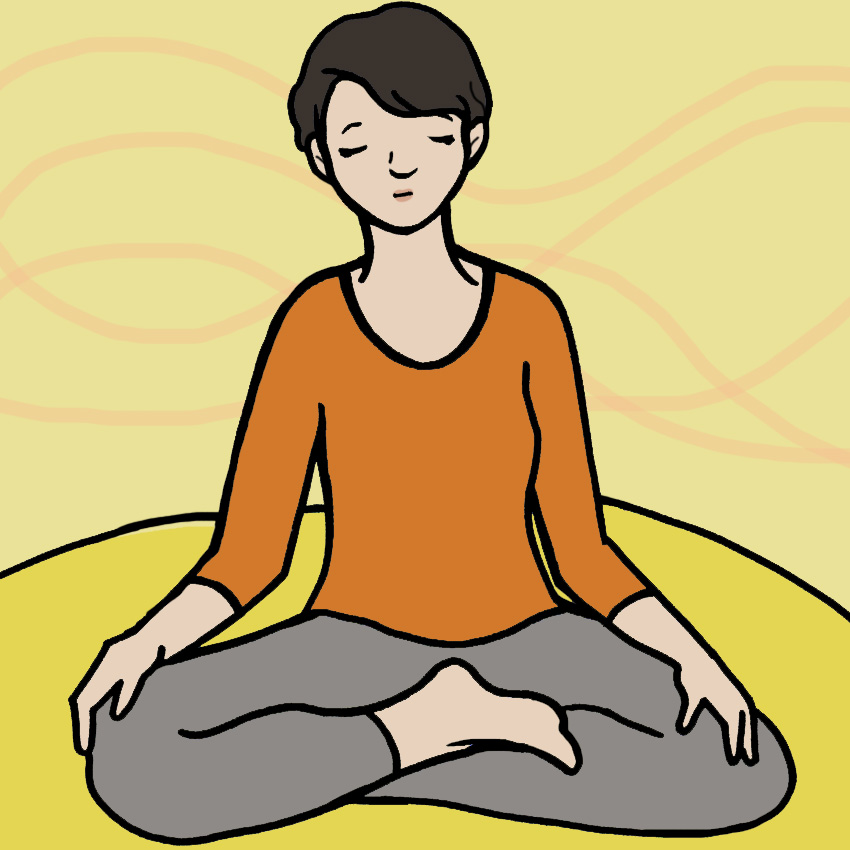
OCD shares a lot of symptoms and similarities with disorders like anxiety and depression, and learning how to relax and be in the moment is great for all of them.
Deep breathing, meditation, and yoga are all great for relaxing. Other people find exercising to be stress relieving and helpful with relaxation, too.
Management Tip #4: Talk To A Professional
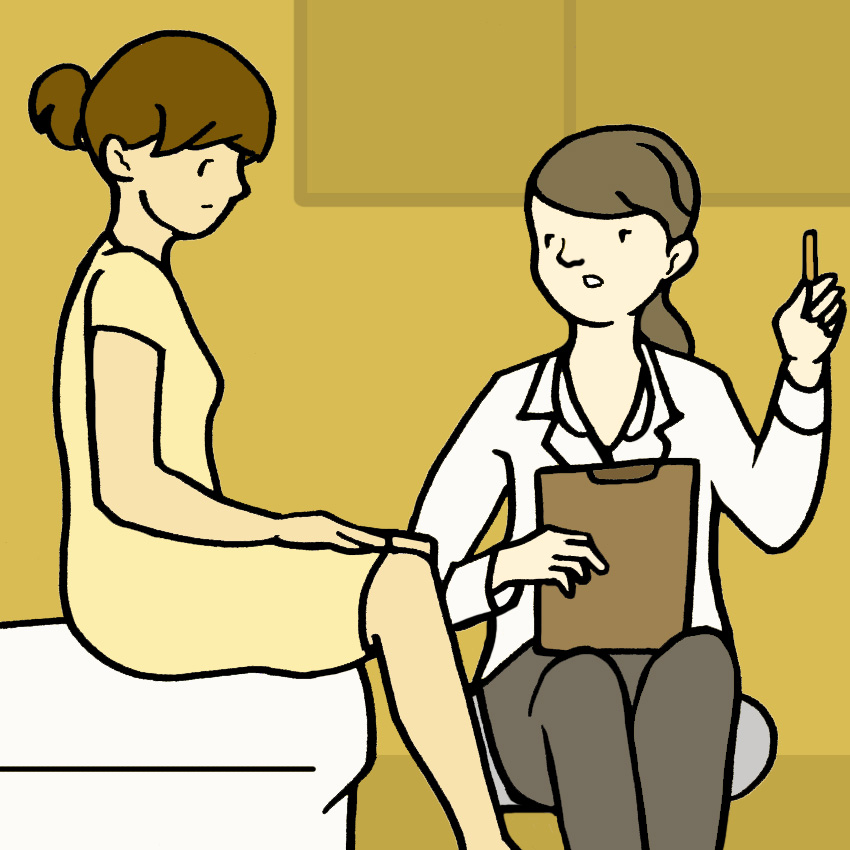
OCD isn't something you should try to manage on your own. Professionals exist for a reason!
Usually, OCD is managed with counseling, including cognitive behavioral therapy, and in some cases, medication is prescribed.
If you think that your behaviors are negatively affecting your life, talk to a therapist and see if counseling works for you.
Have you ever felt any symptoms of OCD? How did you deal with it?
Let us know, and SHARE this important information to keep your friends and family happy and healthy.




